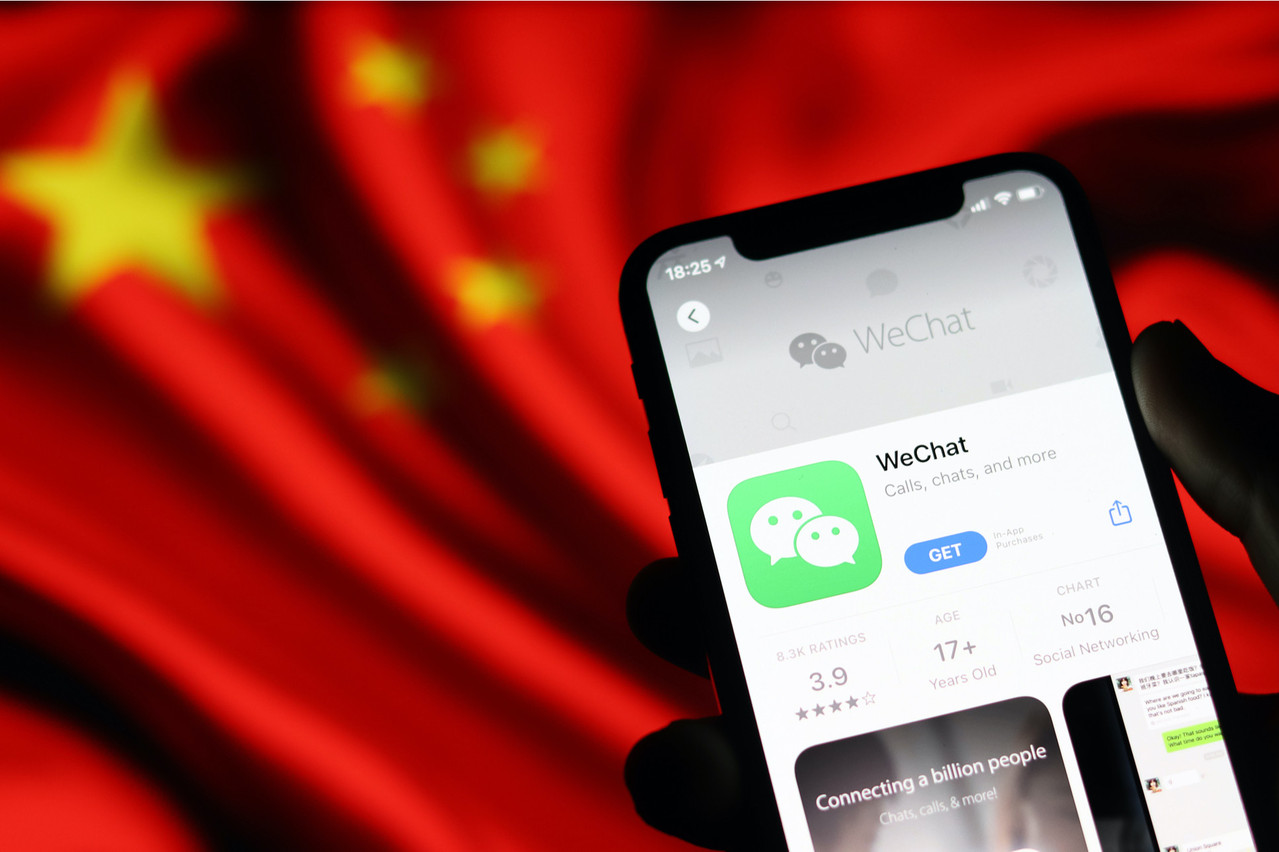A messaging app to attract users, a payment app to keep them loyal and a million mini-apps to keep users in the ecosystem: welcome to WeChat, the Chinese super app that is largely unknown in the Western world, because most of the apps that users can access without extra downloads are not available outside the Middle Kingdom.
The most advanced “all-in-one” model outside of China, is India's Paytm, which in May raised $3bn on the Indian stock market--an all-time record--to reach its goal of serving 500m Indians in the short term (from about 300m today). The former mobile phone top-up solution has kept adding services, from bus ticketing to paying for children's schooling, buying gold, online shopping, a messaging platform, mobile games or mobile wealth management. It counts Softbank, Berkshire Hathaway, Alibaba and Ant Financial/Alipay among its investors.
The other super app to watch is Indonesia's Gojek, which was born as a kind of Uber on a motorbike and became a unicorn--start-ups valued at more than $1bn--last year, thanks to its three apps: one for users, one for drivers and one for merchants. Downloaded 190m times in four countries, it has attracted 2m drivers and nearly a million merchants offering 20 services in five areas: transport and logistics (GoRide, GoCar, GoBluebird, GoBox, GoSend, GoTransit), food and shopping (GoFood, GoShop, GoMall, GoMart), news and entertainment (GoNews, GoTix, GoGames, GoPlay), daily use (GoService, GoFitness and GoMed) and the environment (GoGreener Carbon Offset).
Super apps in big markets
According to App Annie's statistics, 248m applications were downloaded worldwide in 2020, that is to say more than 40 per smartphone, and $143bn spent on mobile apps (+20% in one year).
What all these apps have in common is the market they address, markets with hundreds of millions of potential customers and unified rules but not always languages (Paytm had to work on the specific issue of Indian regional languages).
It is on this point that the new Eldorado of super apps thrives: America and are "mobile first". This explains the results of Colombian app Rappi, which has gradually added layers of services to its home meal delivery idea, with the financial backing of original investors Facebook and Softbank.
Ten days ago, the company, which works in nine countries, raised $500m, valuing it at more than $5bn. It is present in 200 cities in nine countries (Colombia, Brazil, Mexico, Argentina, Chile, Uruguay, Peru, Ecuador and Costa Rica) and has over 7m users in Latin America.
PayPal through partnerships
In Europe, banks can add new services under a directive on payment services. And two players are not hiding their ambitions: PayPal and Revolut.
"There are too many financial apps. What a super app wants to do is turn all these separate apps into a connected ecosystem where you can streamline and control the data and information between those apps, between the act of buying and the act of paying for it," said PayPal CEO Dan Schulman. "And then you have this common platform and common data that allows machine learning and artificial intelligence to kick in and give personalised recommendations to those consumers."
Unfolding his vision of the super app PayPal intends to become through partnerships, Schulman said it was not only about including "any financial institution, credit card, debit card, ACH, but we will also include things like redeeming reward points, using cryptocurrency as a funding tool, using digital currencies issued by the central bank, when that becomes a reality."
While it did not say how it planned to forge these partnerships, PayPal represents 377m accounts that make an average of 42.7 payments, which helped it generate more than $21bn in revenue for a profit of more than $5bn.
For its part, Revolut, valued at $33bn, has taken a step away from its focus on financial services: ‘Stays’ allows Britons, for the time being, to book a hotel or accommodation without leaving the application and receive a 10% discount. The cashback operation could tempt many to leave Booking, Expedia or TripAdvisor. After launching in Europe in the coming months, the features will gradually be extended to flights, car rentals and other travel options.
The idea for the super app came from BlackBerry founder Mike Lazaridis in 2010, who described the super app at the time as "a closed ecosystem of many apps that people would use every day because they provide a seamless, integrated, contextualised environment and an efficient experience." He said it must also meet a triple requirement: be inclusive, have a very high level of social responsibility and ensure data privacy.
This story ways first published in French on . It has been translated and edited for Delano.
